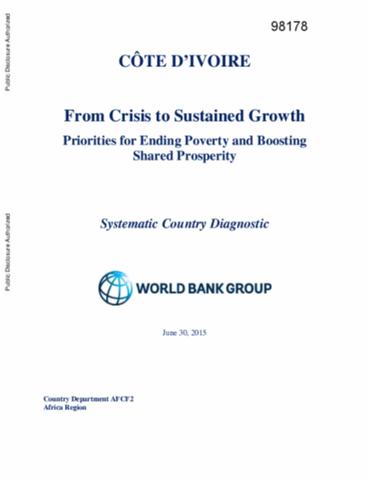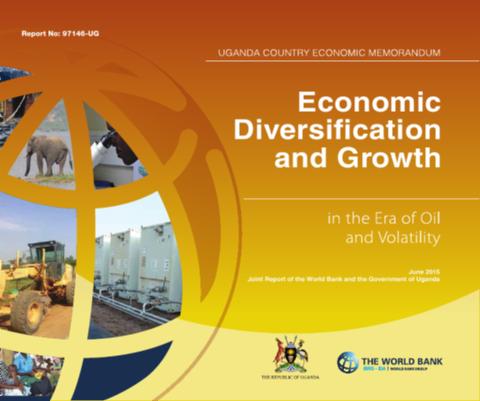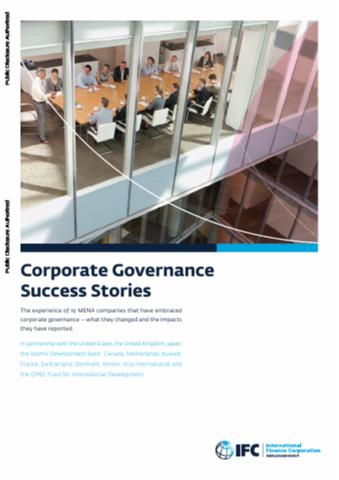Pakistan
Pakistan’s trade indicators reflect low
outward orientation, concentration on low value added
activities and an undiversified product mix which out of
line with the fastest growing areas of world demand. The
export share of Gross Domestic Product (GDP) has remained
low and falling—fro





